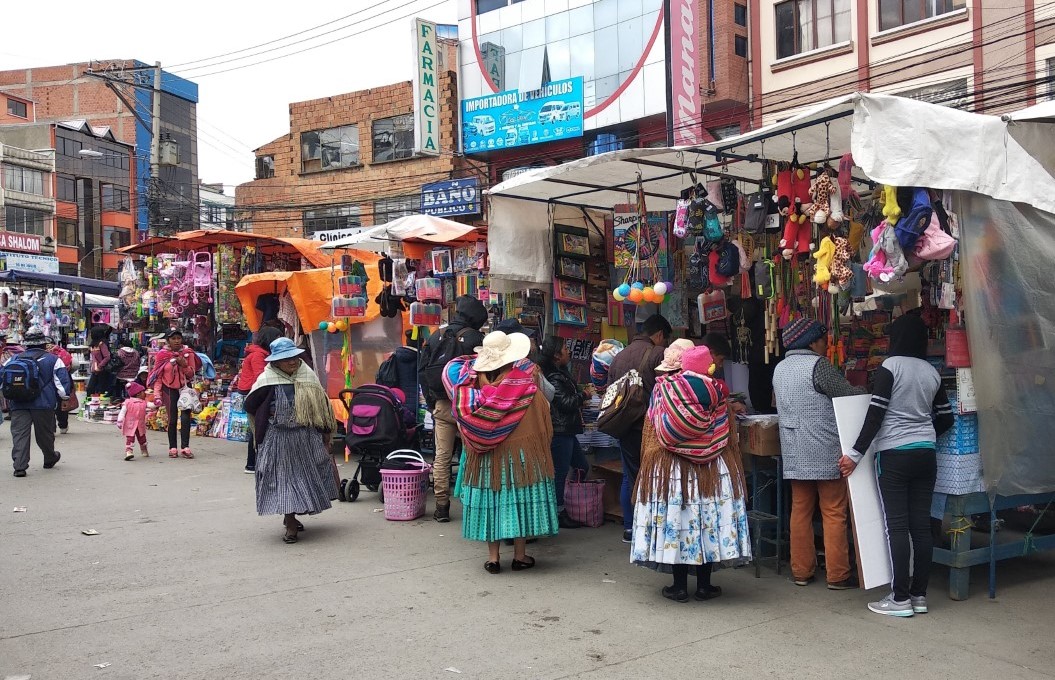After more than two years of preliminary work alongside EL PAcCTO, the creation of the EME has been achieved through the signing of an inter-institutional cooperation agreement between the Bolivian Police and the Public Prosecutor’s Office in the Andean country; the main purpose of which is to tackle human trafficking crimes from a multidimensional approach.
Both institutions, in their fight against human trafficking and in their work to prepare the SMT with EL PAcCTO, are also committed to strengthening the specialisation of the stakeholders involved in tackling this crime, as well as their ability to handle highly complex cases. Both the multidimensional approach and this strengthening of the specialisation will enable Bolivian public institutions to deal with trafficking offences with new guarantees.
The two institutions participating in the EME, the Bolivian Public Prosecutor’s Office and the Bolivian Police, recognise through this agreement the need to strengthen the coordination mechanisms that allow for a joint institutional approach to human trafficking. Likewise, in this first phase, a Specialised Multidisciplinary Team will be established in La Paz, Cochabamba and Santa Cruz, although they will be progressively implemented in the other departments with the aim of becoming the way of working across the entire Bolivian territory.
Based on the agreement establishing the SMT, the signatory institutions undertake to meet certain milestones that are essential for the effective functioning of this working system, such as designating liaisons at the national and departmental level for each institution, developing joint operational plans and creating a monitoring and evaluation committee to review the fulfilment of the objectives.
Why are these EMEs needed?
The EMEs are organised operational groups that provide a specific and practical response to the complex problems related to investigating this crime. To achieve this, its members receive training to achieve a high degree of specialisation.
In addition, the SMTs are an innovative way of working as they facilitate the coordination and exchange of information between the different stakeholders in the criminal justice chain, thus linking investigators, prosecutors and other specialised officials and enabling genuine teamwork.
